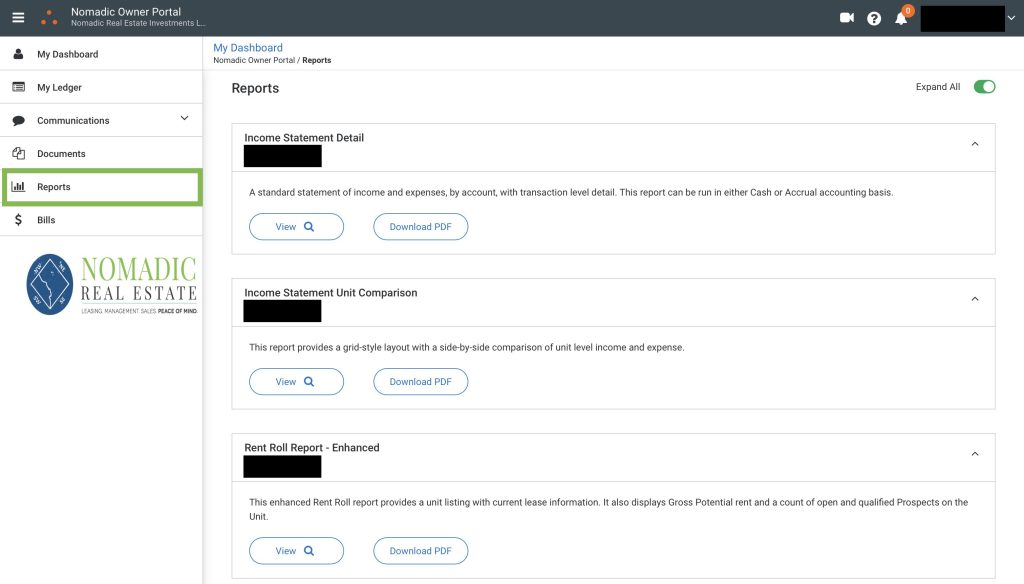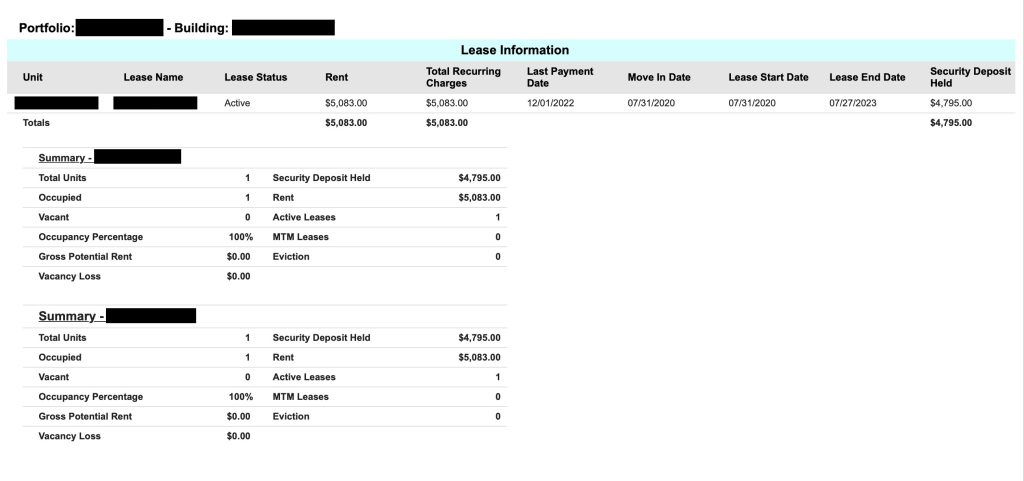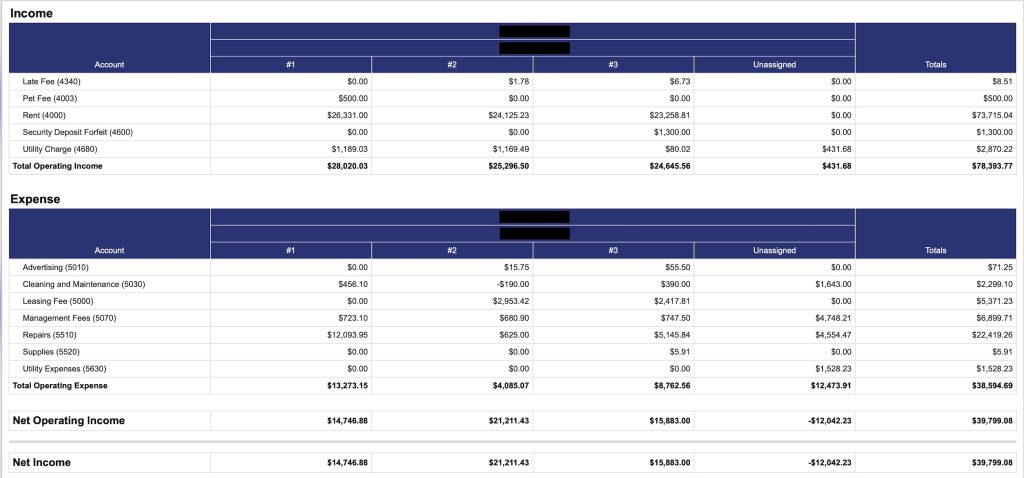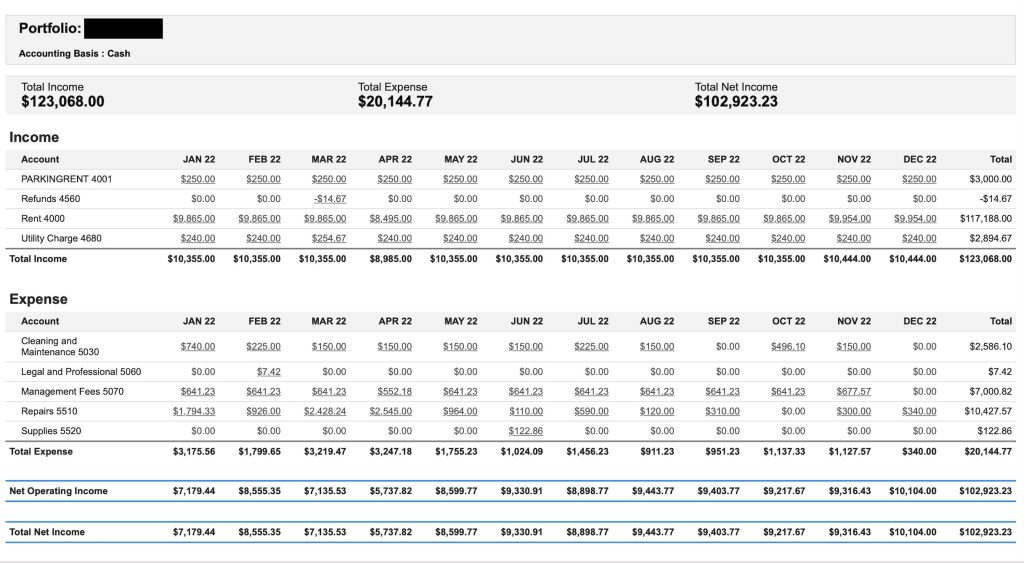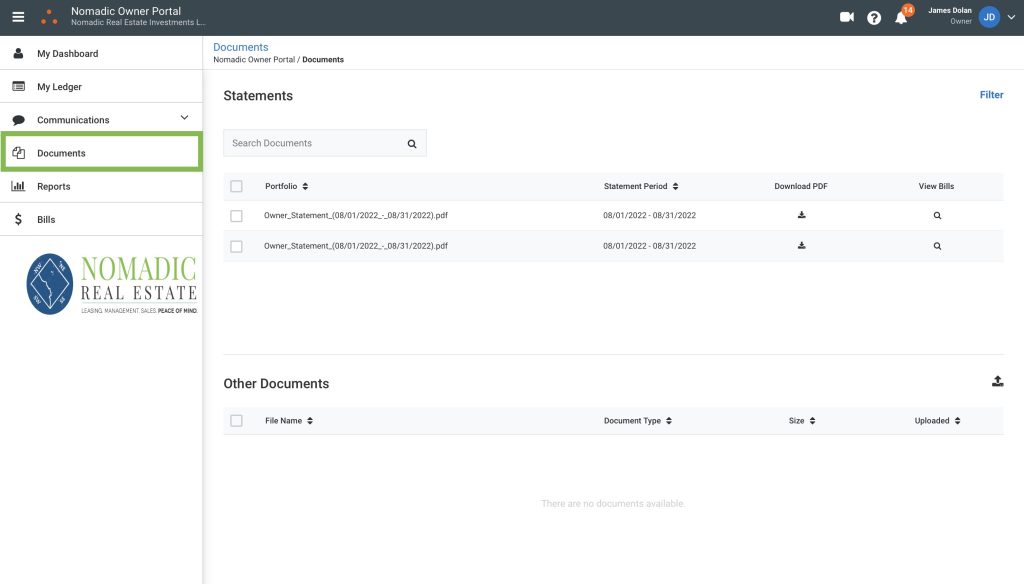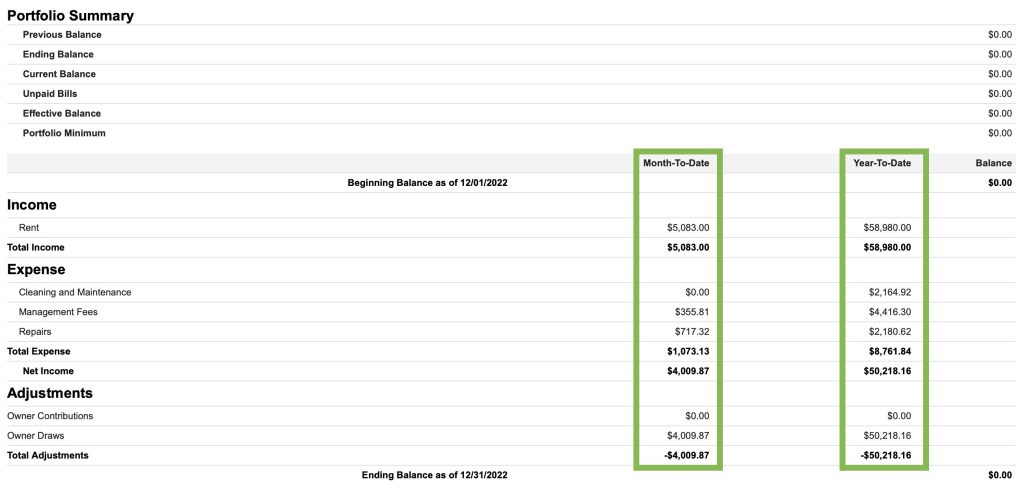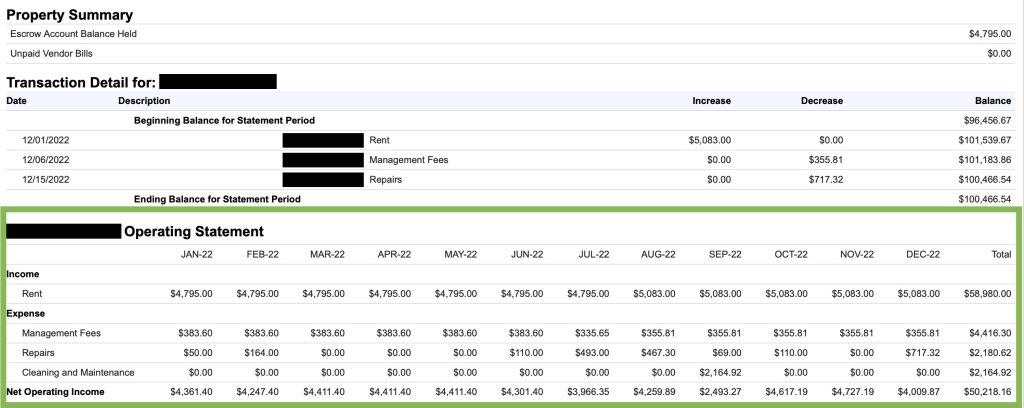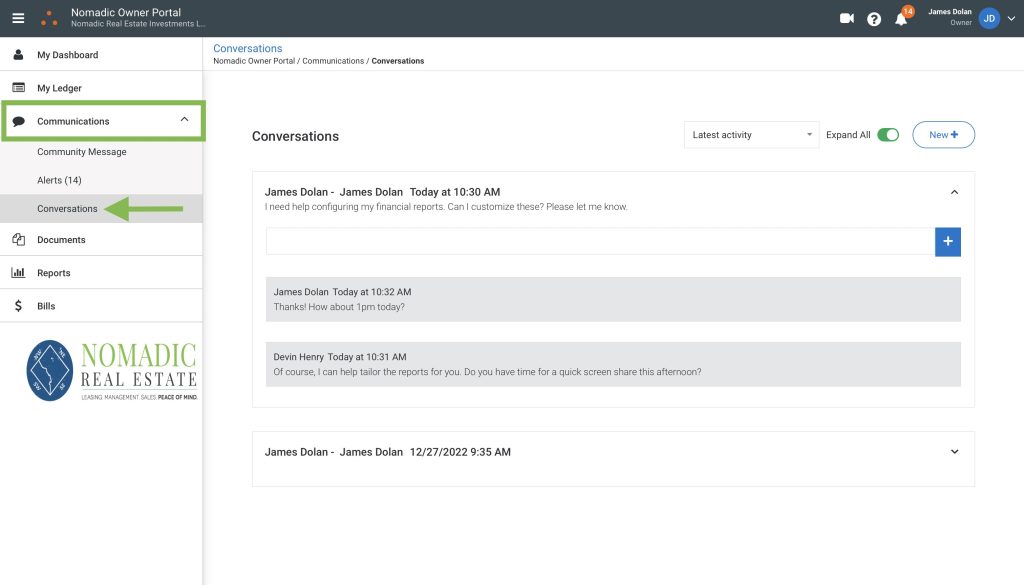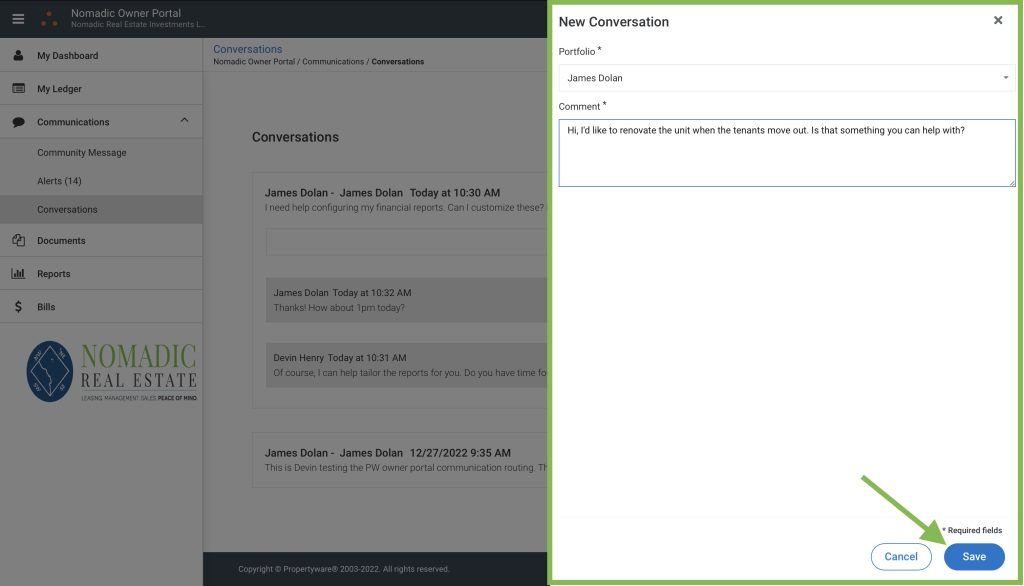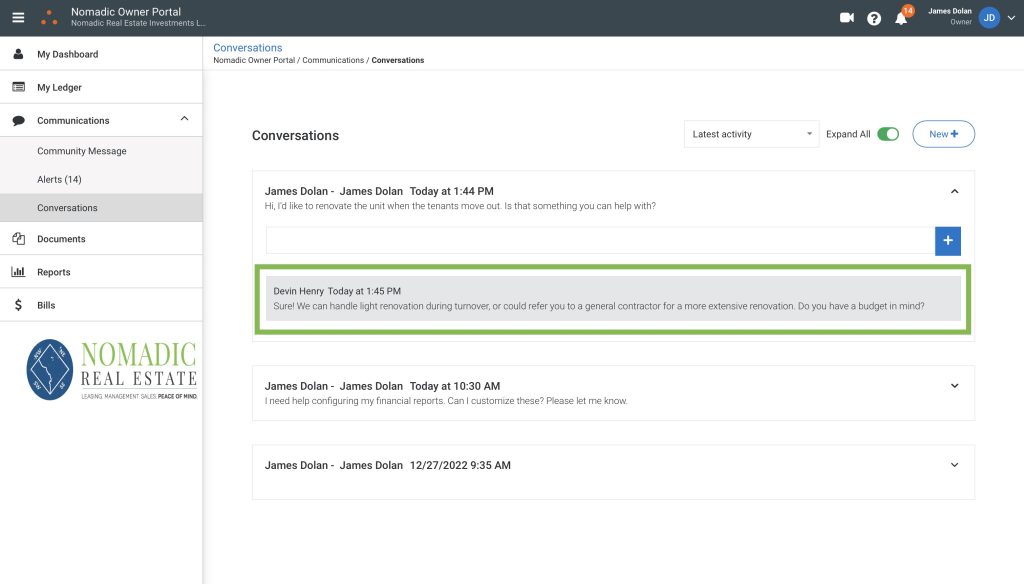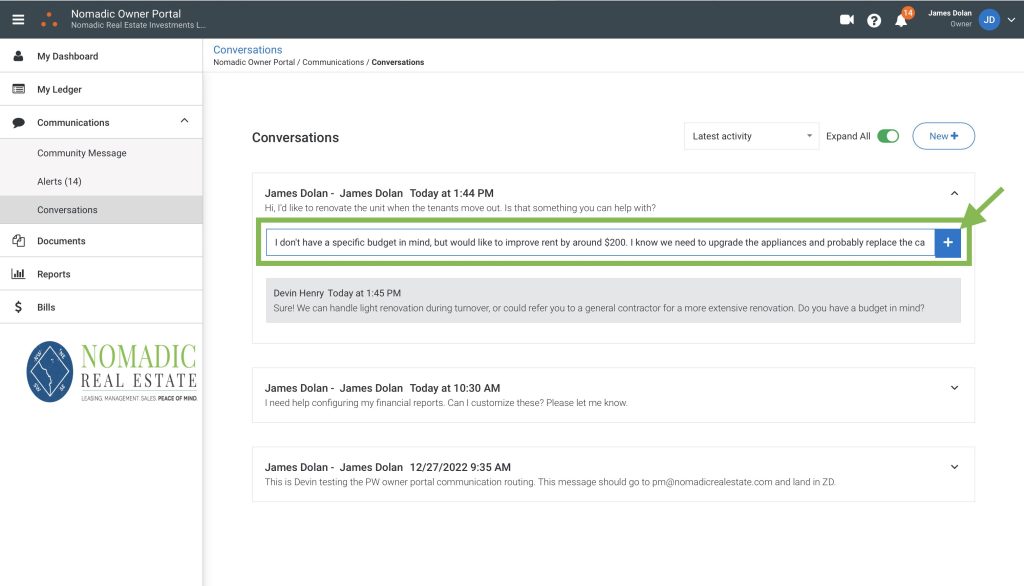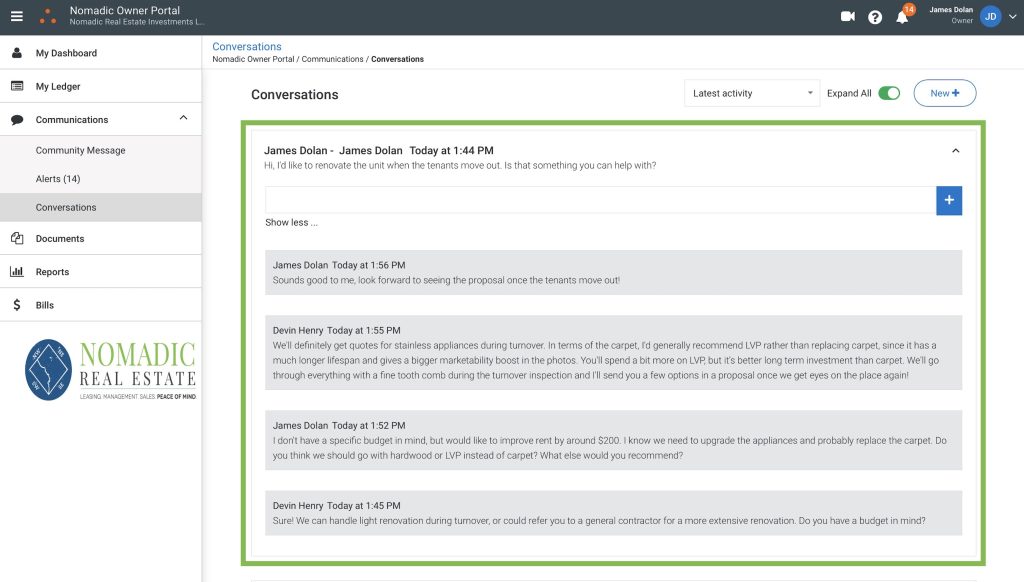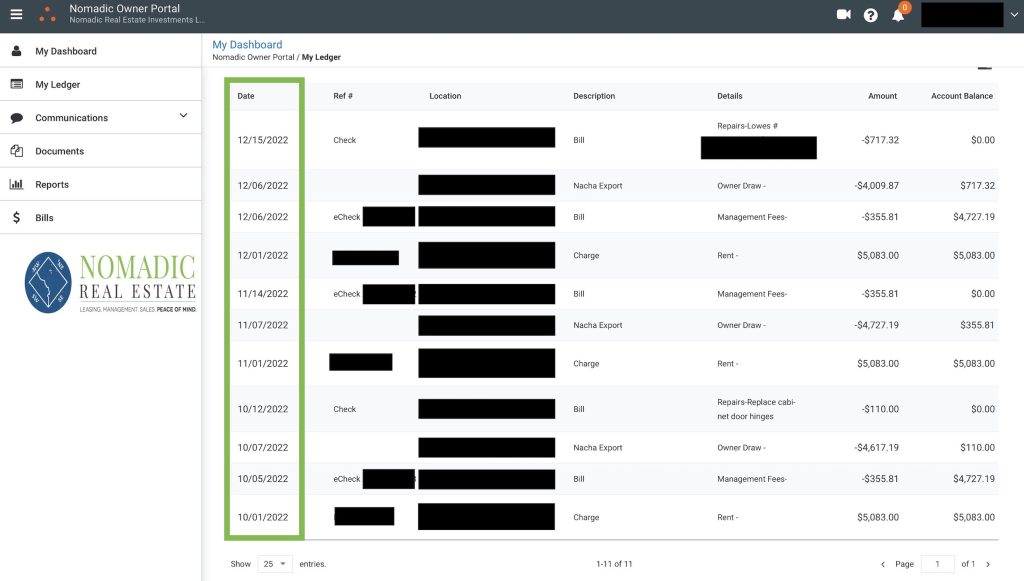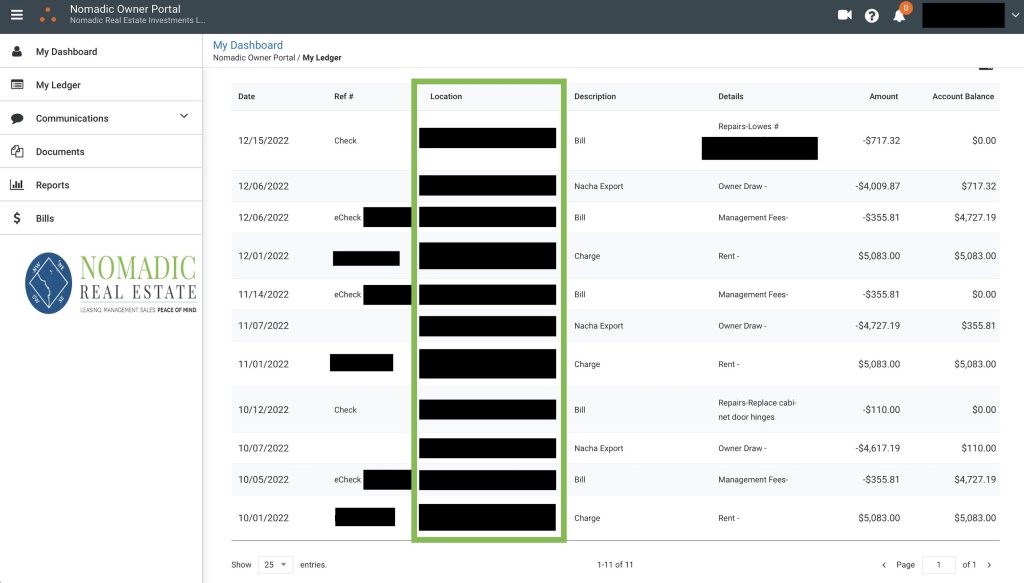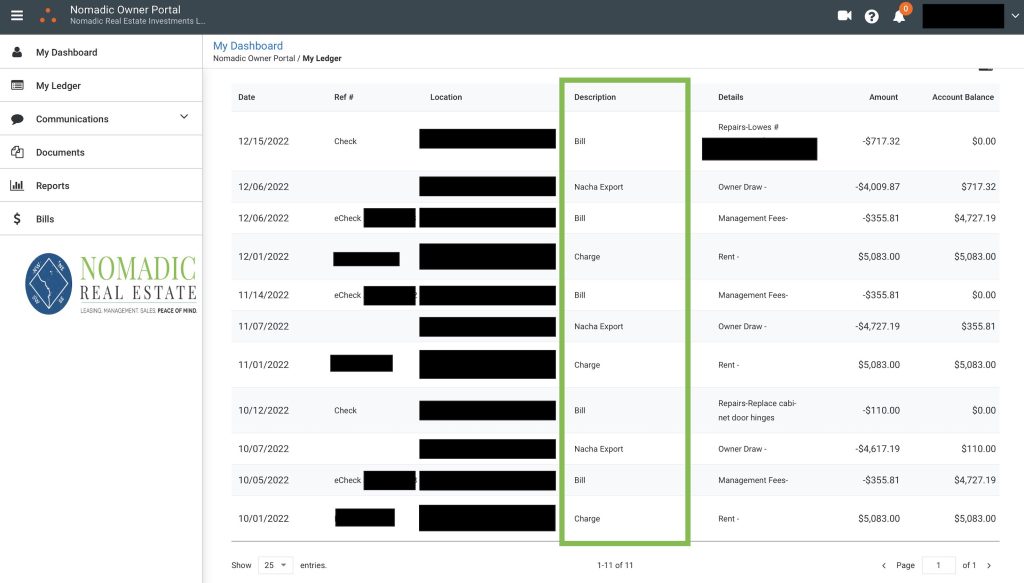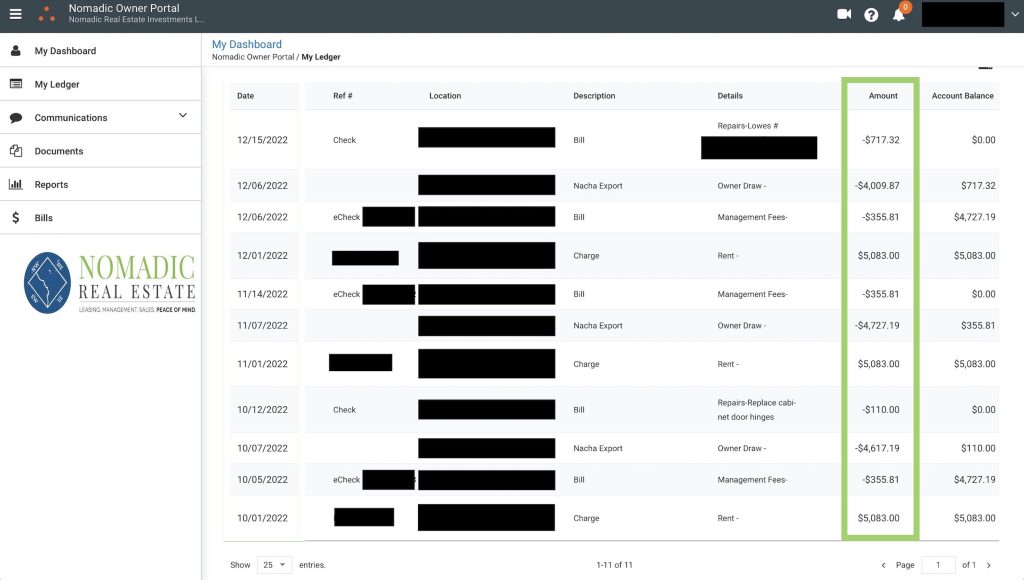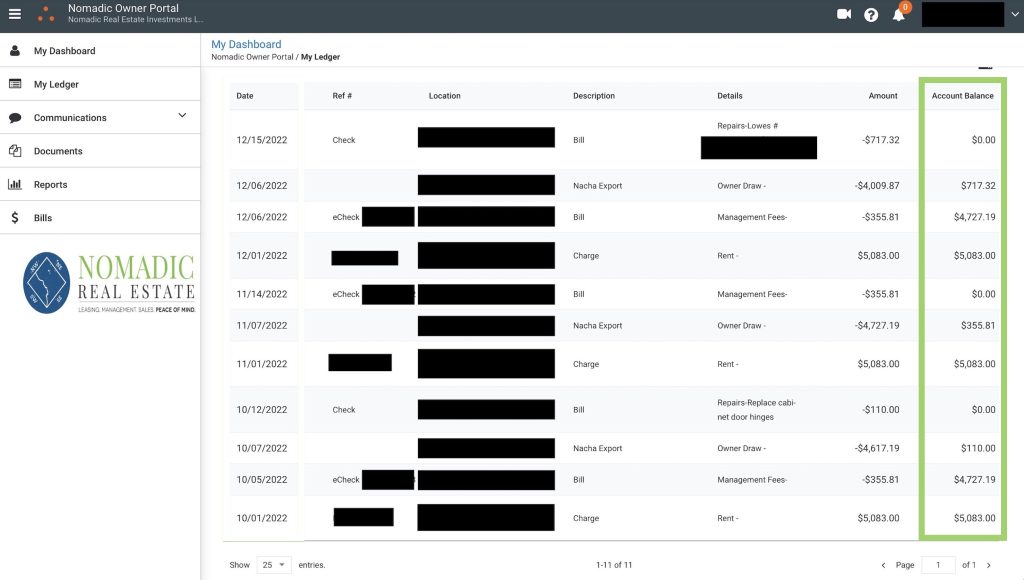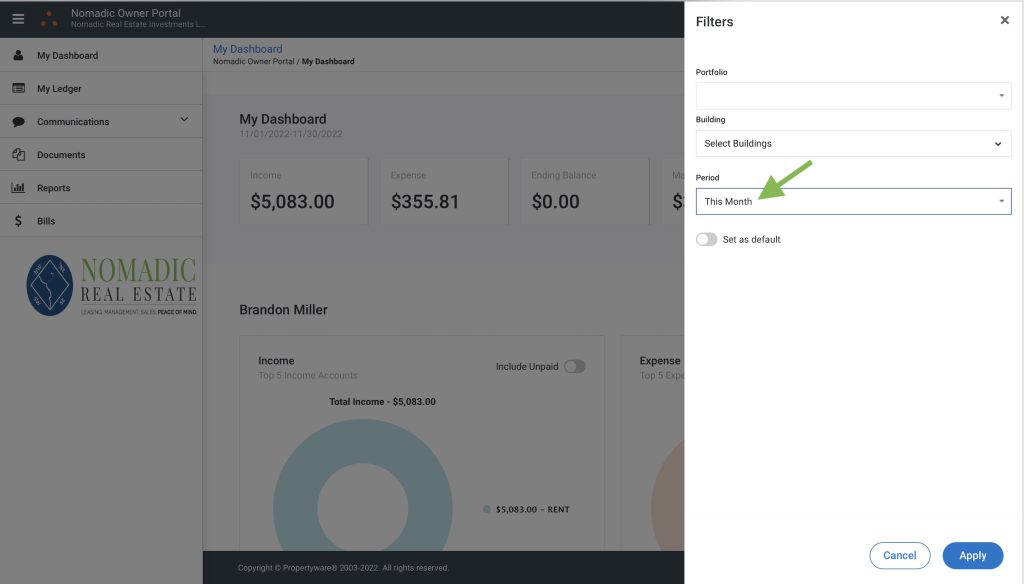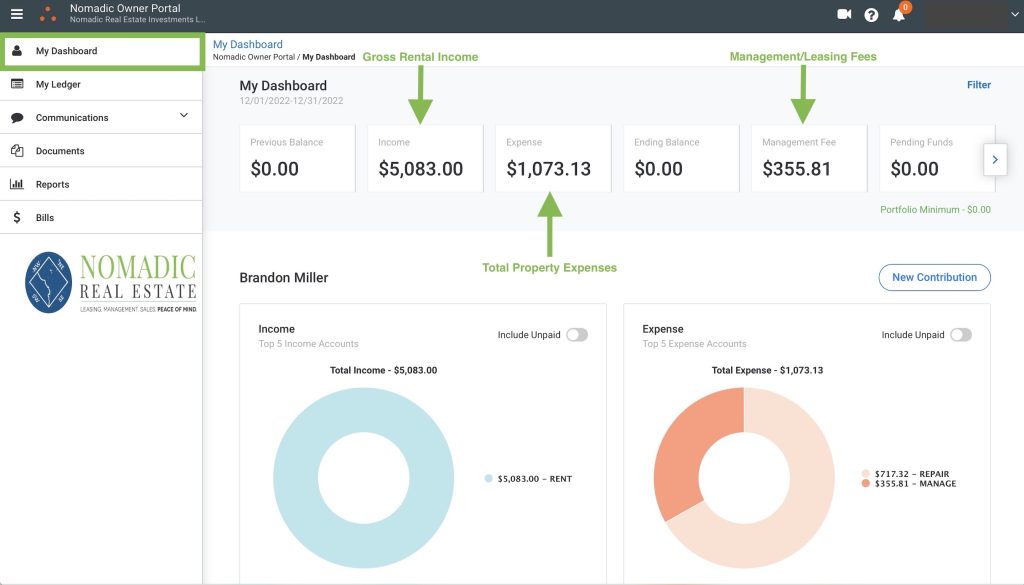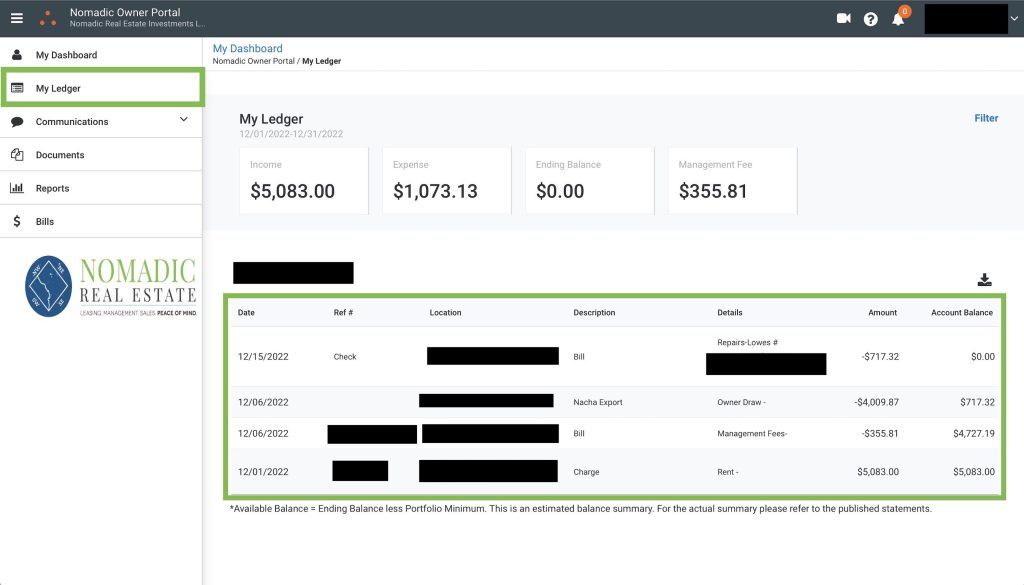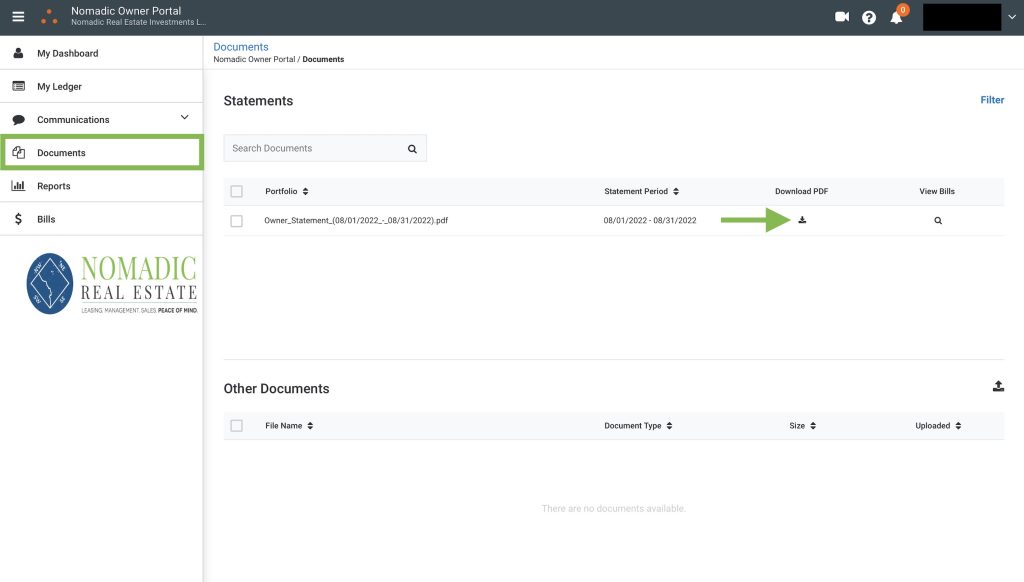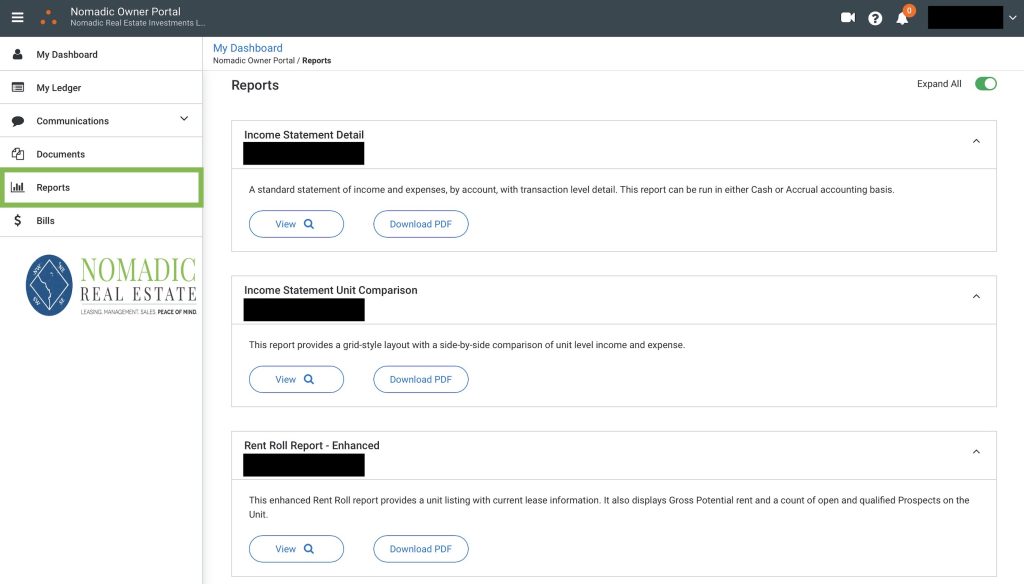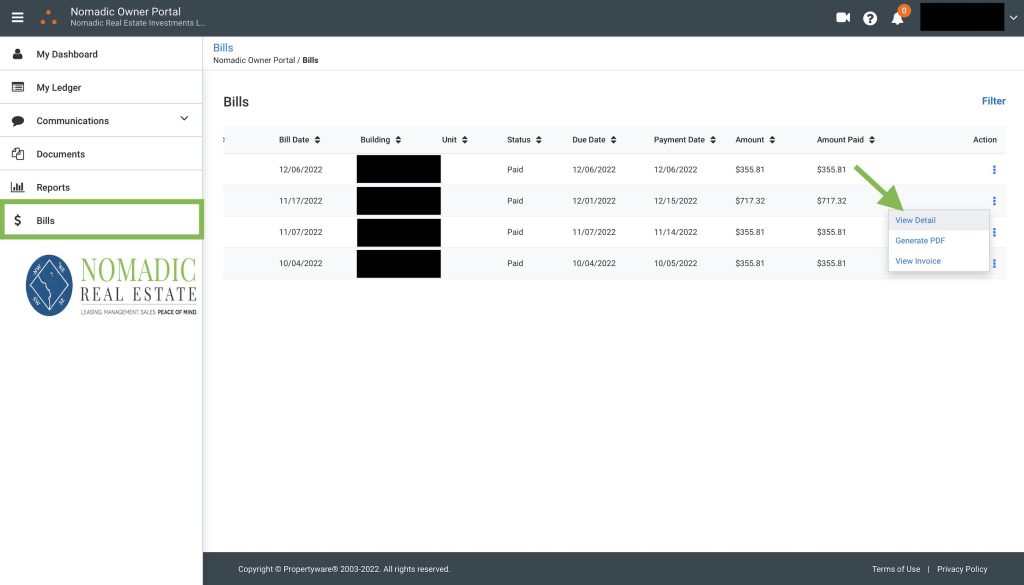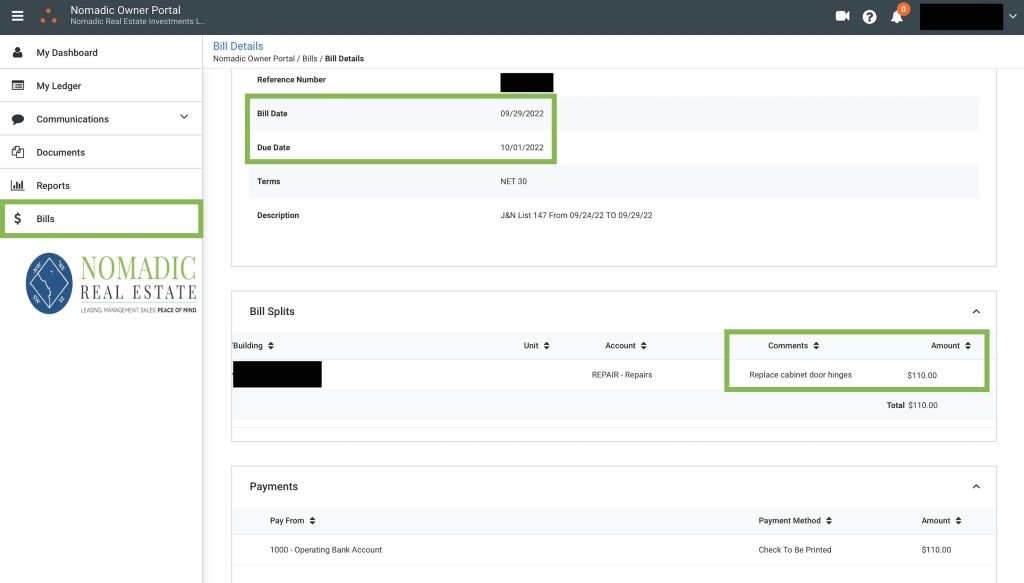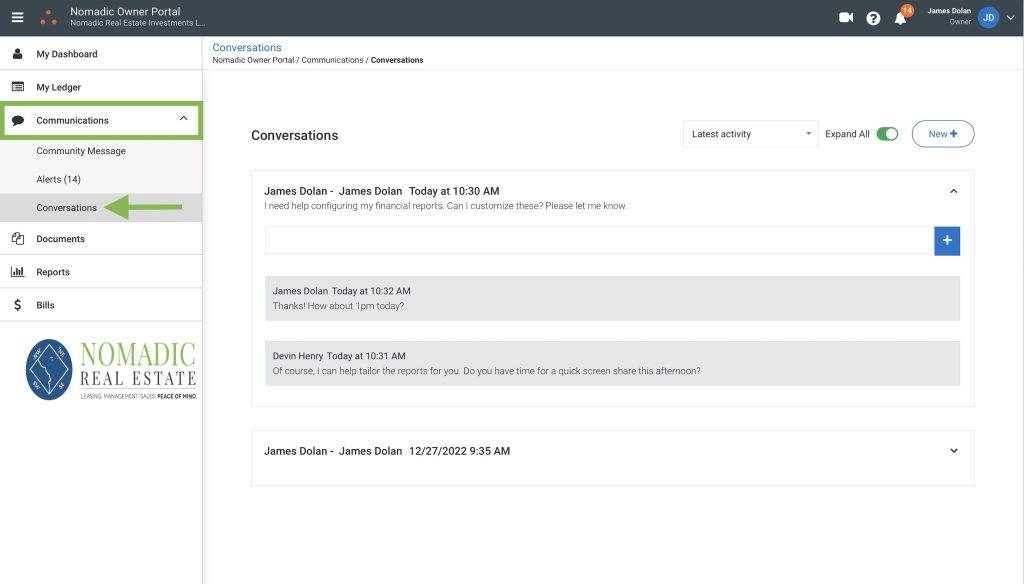When it comes to investing, Real Estate is king. There is a good reason why 31% of investors chose real estate speculation as to their top pick of investment options in a recent Bankrate survey.
According to Forbes, the housing market in 2020 is ripe with opportunity for the savvy investor. Because of high demand and a decrease in houses on the market, the current listing price median of $350,000 is the highest it has been in three years.
Read on to learn how buying on speculation in real estate works and how you too can cash in on these trends in 2020 with this ultimate guide.
Ultimate Guide to Real Estate Speculation
Real estate speculation is the age-old fundamental investment strategy of buying low and selling high. There are many types of speculative buying in real estate, both short-term and long-term. We will explain most of them in this guide.
Short-term Speculation
Short-term investment strategies can be a little riskier than long-term strategies. This is because the investor must rely on sometimes volatile housing markets. Nevertheless, fortunes are still made using these short-term strategies.
Short Sales
Financially distressed homeowners facing foreclosure may have no choice but to offer their properties at below market value and often even less than their remaining mortgage or face losing everything to the bank. This is known as a short sale in real estate.
A short sale often called a pre-foreclosure sale provides the investor with an opportunity to buy property at an attractive price for resale. However, the investor must be careful here, after all, the property may have been on the market for a while with no interested buyers.
The investor always runs a risk that the property will sit in their portfolio for the long-term. The investor may have the same difficulty selling the property as the original owner did. A short sale is not exactly good for the seller and can result in a lower credit score and difficulty getting approved for another mortgage. However, it is the lesser of two evils when facing foreclosure, which can be even worse.
Bank Foreclosure Properties
Banks are very much in the business of providing families with the means of purchasing a property through home mortgages. They are not in the real estate business, per se. Foreclosure is the least attractive option to a bank and usually the last resort for lenders.
Despite federally ordered forbearance in home lending payments as part of Washington’s response to the COVID-19 pandemic; many homeowners continue to struggle to pay their mortgage. Those mortgage payments are not forgiven and are going to come due soon.
Foreclosure rates are set to spike on top of the already 10 million Americans that lost their homes during the financial crisis brought on by the lockdown response to the virus threat.
Banks will normally list the property for sale at the “break-even” price point in order to recoup their losses as soon as possible. If the property still doesn’t sell it may end up being auctioned off.
Real Estate investors love auctions because they are one of the only ways of buying a property substantially lower than the current market value. That being said, attractive properties at an auction will often go high in bidding wars. You might have been able to buy the property cheaper before the foreclosure.

i-Buying
A relatively new concept in buying and selling real estate is i-buying (instant buying). There is much cost and time involved in buying and selling real estate. Some homeowners can’t or simply don’t want to go through the hassle of selling their home through traditional listings with real estate agencies.
These quick and hassle-free sales offer a way for investors to make purchases of homes generally in excellent condition and ready for immediate resale at a slight discount. Many i-buyers are actually investing firms backed by venture capital, but the platforms are open for anyone looking to buy a home fast.
House Flipping
The classic short-term real estate investing strategy of house flipping is a favorite among rookie investors and those investing in only one property at a time. At the core of this strategy is finding properties that are in serious need of repair, renovation, or remodeling.
In some cases, these properties are condemned. Sometimes government agencies have leans against the property, deeming it unfit for occupancy. These housing requirement violations will have to be remedied and a second inspection passed before the property can be resold.
For those investors that have the skill, making the renovations themselves can lead to huge profit margins for the right property in the right market. In many cases, the rental property may only need some TLC and a new color scheme to bring the home back to life.
Fair warning: the cost of fixing up a property for resale often has many hidden costs. This could end up putting the investor in a difficult position needing top market value to make a sale.
Tax Deed Auctions
Failure to pay property taxes is another way homeowners find themselves in danger of losing their homes at a loss. Their loss could be an investor’s gain.
Property taxes are any taxes associated with owning the property. Property taxes must be paid according to the relevant local tax laws of the municipality in which the property is located. After repeated warnings and deadlines to pay the overdue taxes the government will acquire a tax deed for the property.
This deed has the value of the overdue taxes and the government has the legal right to sell the deed (the property) in order to receive the taxes due. Much like banks with foreclosures, the government isn’t interested in making a profit but only in collecting the taxes.
Buying a tax deed at a tax deed auction is the same as buying the property. The minimum bid for the property at auction is the balance of taxes due.
In rare cases, a property could be purchased for a few thousand dollars if there is little interest in the property at auction. However, there is often stiff competition from property speculation investors to acquire these properties. This drives up the sale price at auction.
Long-Term Speculation
Playing the long game is often the safest and most profitable way to make serious profits in real estate. This may be why it is a favorite strategy of some of the most successful investment names in real estate. Real estate is notorious for keeping its value and is one asset that is likely to go up in value over time.
There are basically two investment strategies used in long-term real estate holdings. The first is to buy land, homes, and building at a location that the investor feels is an up-and-coming area. The investor is betting that over many years the value of the property will increase as property values in the area increase.
Development Strategy
This one is not for the faint of heart and is usually reserved for the big boys with millions to invest. Development investing involves buying large plots of land or entire square blocks of a city. The developer has a long-term plan for improving the land or area for a massive payday.
Some of the greatest fortunes in real estate investing has been made with this highly risky but highly profitable speculation strategy. Developers are extremely good at predicting needs due to growth and prosperity at a particular location.
Armed with extensive research and backing from local businesses and even local government, developers set out to create and push demand in the real estate market. If successful a development project stands to profit millions if not billions for the forward-thinking investor.
The 2% Rule
The other long-term investment strategy, and one of the most utilized, is the landlord modal for investing. Owning their own home is a common dream of many Americans, but the reality is for many, buying a home is simply out of financial reach.
For others buying a home just doesn’t make sense because of the commitment involved. For millions of American’s renting is the best or only option. Enter stage right – the long-term investor with residual cash flow from renting a property on their mind.
The 2% rule is a popular guideline for real estate speculation that many investors live by. The rule simply states that the property in question must be able to be rented at 2% of the purchase price per month.
A little quick math and we end up with a 50-month (a little more than 4 years) return on investment (ROI) from using this strategy. At this point, rental income, or the resale of the property minus expenses is pure profit.
This strategy is also referred to as BRRRR. The acronym stands for buy, rehab, rent, refinance, and repeat. Please refer to this article for more detailed information on how to implement this popular real estate investing strategy.
The right property, managed well, has the potential to earn the investor residual cash flow for years and/or a big payday when the property is put back on the market.
Housing Market Predictions for 2021
Successful investing in housing speculation, much like stocks and commodities, is largely about predicting the future. Nobody has a magic crystal ball that tells the future of housing markets and if they did, they would likely keep it to themselves.
Nevertheless, wise investors keep an eye on the market and look for trends to use in their strategies. Many feared an imminent crash in the housing market during these uncertain economic times of 2020. Fortunately, that is not at all the case.
It is now November 2020 and the housing market in the United States stands stable and supportive of the country’s economic recovery. The housing market in 2021 will continue to be strong and here’s why.

Demand Higher Than Ever
There was an understandable slump in the market during the summer months of 2020. Despite this, in September of this year, the market bounced back with a vengeance.
The national median asking price on the popular site realestate.com for September 2020 was $350,000. This is an increase of 11.1% from the same time in 2019 and is mostly because of low-interest rates on home mortgages. Homebuyers are scrambling to take advantage of these record low-interest rates.
Managing Risk
With an investment of any kind, there is always at least some degree of risk. The very word speculation implies risk as speculating is an educated guess at best and simply a gamble at worst.
In a recent article written by real estate investor Paul Moore, this apparent difference between investment versus speculation is important to understand. Paul mentions in the article a popular investment strategy called “value investing”
Value investing is a term you’re likely to hear often in stock speculation circles. The strategy applies to any kind of asset investments, including real estate.
The principle behind value investing is simple. The value of assets can drop in value sharply when the market overreacts to news and events which opens the door for an investor.
They feel the market is undervalued and expects a quick rebound. In short, the best way to manage risk when investing in property is to know the true value of a property and find the deals that others might miss.
Information Leverage Profit
Don’t overthink things and confuse the matter. Real estate speculation all comes down to these three things:
- Getting the right information on investment
- Calculating the leverage, you have to sell the property at a profit
- Finding the right buyer to make the investment a success
The savvy real estate investor is patient and proactive in all three steps. With experience, due diligence, and a little bit of luck you too could make millions in real estate speculation.
Profits Await You
If you do your research and manage your risk well, real estate speculation is a highly attractive investment in 2020 and into the future. We wish you the best in your real estate investing and when you land that big deal contact us to handle your property management needs.










